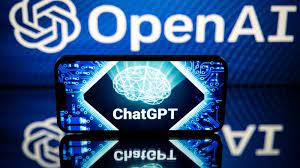In the ever-evolving landscape of Artificial Intelligence, one technology stands out for its remarkable impact on the way we interact with machines and access information – chat gpt. Developed by OpenAI, ChatGPT is a cutting-edge language model that has rapidly become a game-changer in the field of Conversational AI.
At its core, ChatGPT is a text-based chatbot powered by the GPT-3.5 architecture, known for its ability to understand and generate human-like text. What makes ChatGPT stand out is its versatility. It can engage in meaningful, coherent conversations on a wide range of topics, making it invaluable for industries like customer support, content generation, and even personal virtual assistants.
The secret to ChatGPT’s success lies in its massive pre-training data and fine-tuning. It has been exposed to a vast array of internet text, allowing it to mimic human conversation with startling accuracy. Through fine-tuning, it can be customized to suit specific needs, ensuring it provides relevant and contextually appropriate responses.
ChatGPT isn’t without its challenges, though. Concerns about biased outputs, potential misinformation, and ethical considerations have prompted ongoing refinements and responsible usage guidelines. OpenAI has been proactive in addressing these concerns, emphasizing the importance of ethical AI and transparency.

